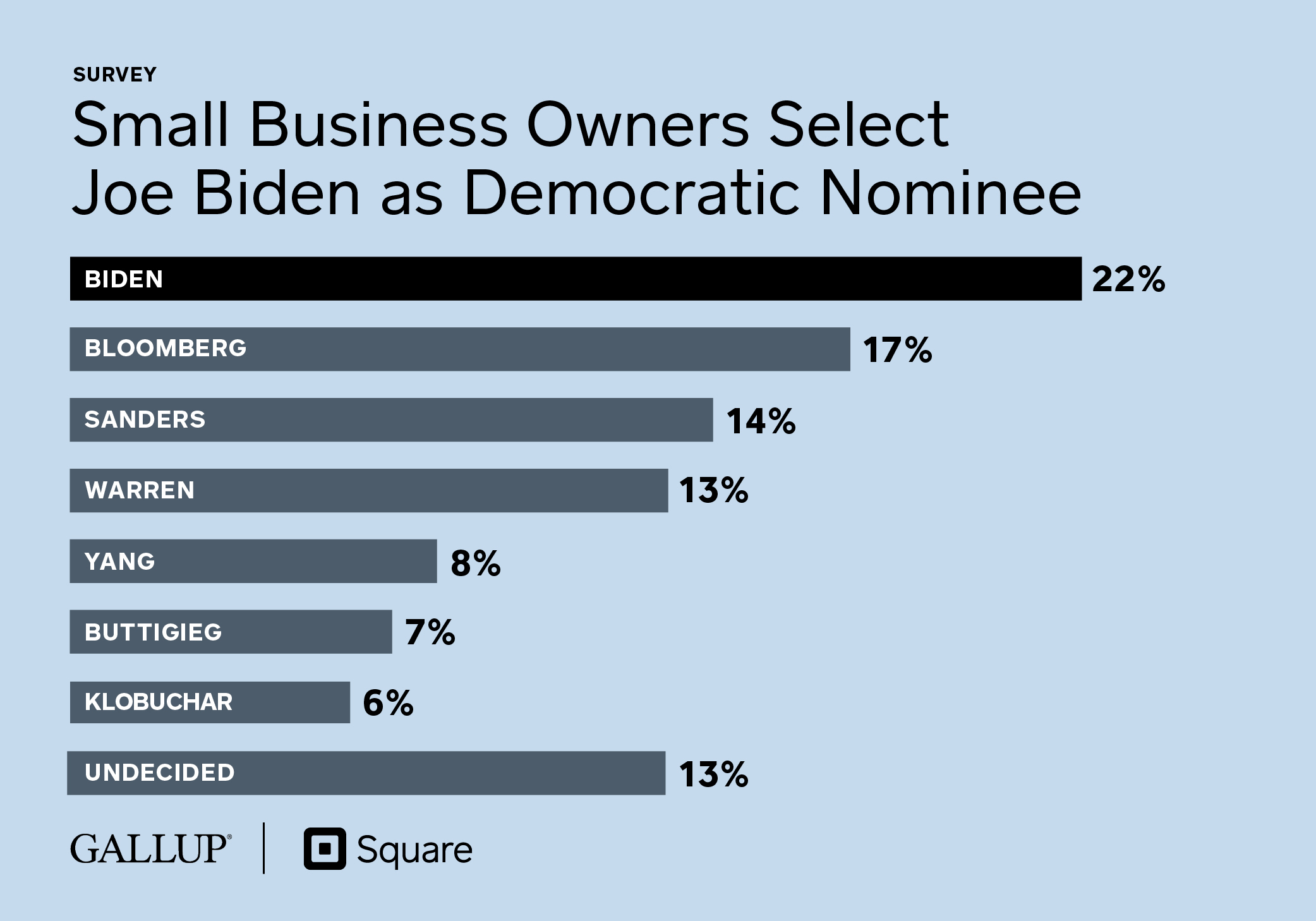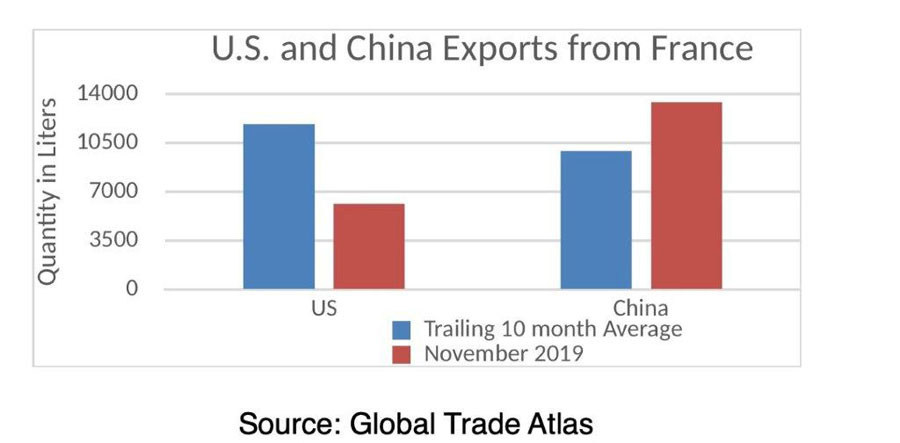However, Michael Bloomberg is the only Democratic candidate favored by more small business owners than President Donald Trump in the general election Sixty percent approve of the job that Donald Trump is doing as president According to a survey conducted by Square and global analytics firm, Gallup, American small business owners are closely following the 2020 Presidential … [Read more...] about Square/Gallup Survey: Joe Biden is the Top Choice for the Democratic Nomination Among Small Business Owners
China Steals US Wine Industry as Tariffs Take Their Toll According to U.S. Wine Trade Alliance
"Due to ill-advised tariffs on wine, we are witnessing the direct transfer of the American-European wine trade to China and other markets and the only people getting hurt are American business owners and consumers," according to Harry Root of the U.S. Wine Trade Alliance and Ben Aneff, National Association of Wine Retailers (NAWR). Current 25% tariffs on European wine and … [Read more...] about China Steals US Wine Industry as Tariffs Take Their Toll According to U.S. Wine Trade Alliance
Oil Market Effects from U.S. Economic Sanctions: Iran, Russia, Venezuela
Economic sanctions imposed by the United States—through enacted legislation and executive action—on Iran, Russia, and Venezuela aim to pressure the ruling governments to change their behavior and policies. Currently, these sanctions aim to either eliminate (Iran) or restrict (Venezuela) crude oil trade of as much as 3.3 million to 4.0 million barrels per day (bpd), roughly … [Read more...] about Oil Market Effects from U.S. Economic Sanctions: Iran, Russia, Venezuela
Mass Immigration Has Oversized Negative Impact on Low Immigration States, Finds New FAIR Analysis
Immigration has a disproportionately large, and negative, impact on states that have traditionally received small numbers of foreign-born residents, according to a new report by the Federation for American Immigration Reform (FAIR). The ten states analyzed in the study, Small Migrant Populations, Huge Impacts, are New Hampshire, Mississippi, Alaska, Maine, North Dakota, West … [Read more...] about Mass Immigration Has Oversized Negative Impact on Low Immigration States, Finds New FAIR Analysis
Novel Coronavirus (2019-nCoV) Epidemic is a Predicament for Xi Jinping
Crisis situations tend to create create a predicament for systems of government based on absolute power and under a certain set of circumstances can even trigger regime change. No tyrannical regime is secure against wrath of population caused by crisis: Russians remember Kursk submarine disaster; Iranians will not forgive downing of Ukrainian civilian aircraft; and Chinese … [Read more...] about Novel Coronavirus (2019-nCoV) Epidemic is a Predicament for Xi Jinping

